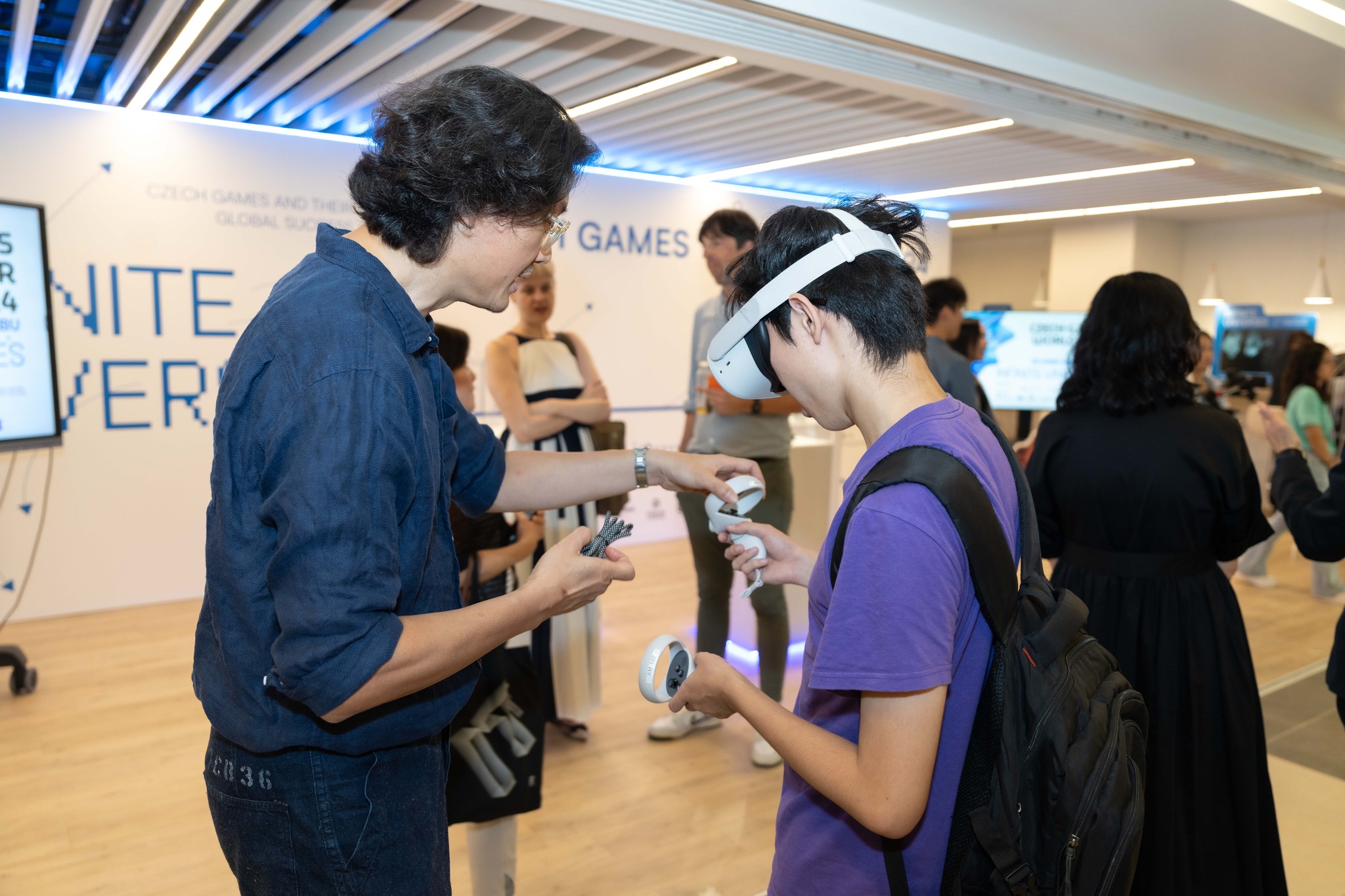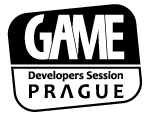Genres
– Adventure: the player solves various quests and progresses through the story to a distant goal, with an emphasis on exploring and solving puzzles
– Action: the goal of the game is to eliminate enemies, most often by dynamic virtual fights
– MMOG (Massively-Multiplayer Online Game): a game with a huge player base who share an open virtual world
– Strategy: strategy games are focused on thinking and planning to achieve victory. In building strategies, the player builds an economy, in combat strategies, they try to beat their enemy
– Tycoon: business simulation game, the player builds and manages the operation of their own business
– Open world: the game allows the player to move freely around the virtual world and gives them considerable freedom in choosing objectives and solving tasks
– Platformer: the player guides a character over a series of obstacles and enemies. These games are mostly arcades – both difficulty and number of traps gradually increase
– RPG (Role-playing game): the player takes on the roles of fictional characters, for whom they act according to the rules, RPGs are often characterized by vast worlds
– Simulation: a game that emulates real-life conditions
– Survival game: the player has the task to survive in a hostile environment, where they face adverse conditions and enemy attacks (monsters, zombies etc.)
– Sandbox: open-ended, the game provides an open in-game world (including principles and rules) where players can do what they wish
Player interaction
– Multiplayer: a game designed to involve multiple players at the same time
– Single player: a game that can be played by just one player
– Co-op gameplay: players work together as a team
– PVP (Player versus player): a game mode in which two players play against each other, as opposed to playing against the game itself
Perspectives:
– First-person: simulation of the player’s own point of view which creates the impression of being in the game
– Third person: the camera moves behind the back of the virtual hero, the player can see the character in front of or below them, which provides a better overview of what is happening in the game
Platforms:
– PC and console games: intended for PCs (Windows, Mac, Linux) or game consoles (Xbox, PlayStation, Switch)
– Mobile games: for mobile devices (mobile phones, tablets) or wearables (smart watches, wristbands)
– Web games: accessed via a web browser, require internet connection
– VR/AR games: for special devices such as VR/AR headsets or glasses
Gaming models
– F2P (Free to Play): the game is free to download or play across the platform, often offers microtransactions to access additional content, perks or to speed up the gameplay
– Premium Game: an upfront payment or purchase to access the game
– DLC (downloadable content): additional content that can be purchased online and added on to a video game to enhance its features
– Steam: currently the largest platform for purchasing games digitally, providing multiplayer and communication facilities for players
Vocabulary
– Bug: a coding error in a game
– Easter Egg: secret inside jokes or extra features placed inside a game by the game developers
– Engine: a software development environment. It is a set of tools for game developers which allows the game to work as a complete framework. Examples: Unity, Enfusion, Real Virtuality, CryEngine, Gamemaker, Unreal Engine 4, VRAGE
– Modding: the ability for the player community to make modifications to the base game, such as adding new locations, custom characters, tools, special abilities etc.
– Procedural content generation: game content is created algorithmically, not manually
– Respawn: a game character reappearing after having been killed
– Swiping: moving the finger left or right between screens on mobile devices
– Tesseract: a four-dimensional analogy of the cube, a special variant of the supercube
– VBScript (VBS, Visual Basic Scripting Edition): a scripting language based on Visual Basic for embedding code into web pages and basic scripting
– Voxel: in computer graphics, it denotes a volume particle representing a value in a regular grid of three-dimensional (3D) space. It is analogous to a pixel, which represents a value in a 2D grid
– VR: virtual reality












